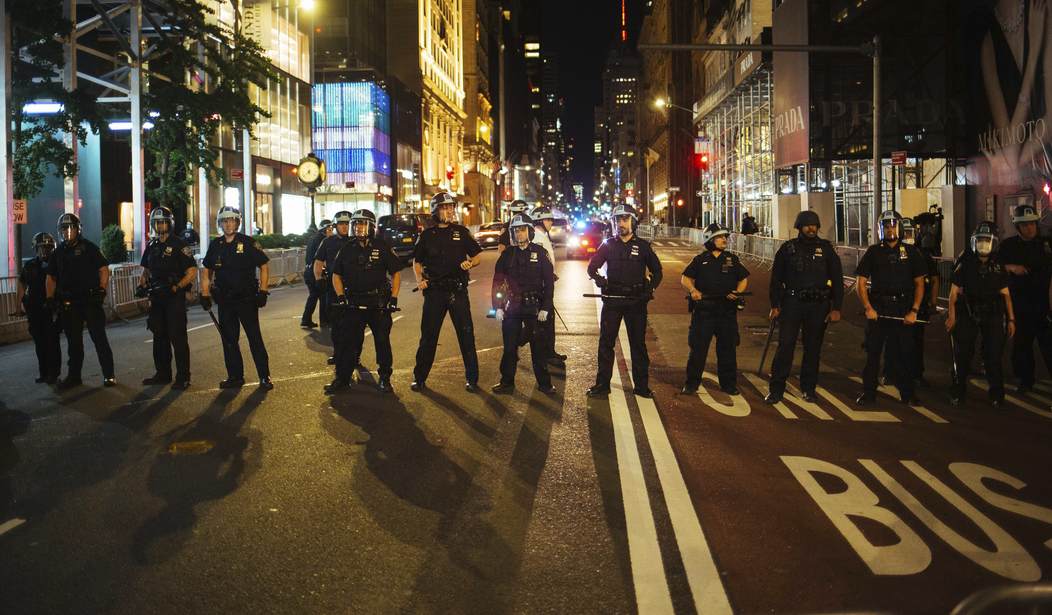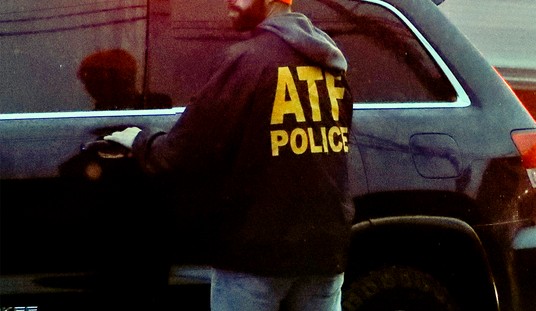So says the NY Daily News, though the paper is awfully light on actual evidence that the New York Police Department is really targeting the growing “drill rap” scene and not simply responding to the large number of shootings happening within the scene itself.
The closest the Daily News gets to backing up their claim that the department is “targeting” drill rappers is this rather noncommittal quote from a higher up in the NYPD.
Investigators say gang rivalry is still at the root of some of the latest shootings involving rap musicians. But the drill rap genre — born of violent and gritty street life and characterized by a grim and deadpan delivery — only adds fuel to the gang warfare fire.
“The music definitely inflames the situation,” said NYPD Deputy Chief Joseph Gulotta, commanding officer of detectives in Brooklyn South. “But these are gang shootings. I think sometimes rap and the lyrics ignite, cause some issues. But I don’t think that’s the underlying motive at the end of the day.”
The beefs might be happening regardless of the beats, in other words, but the public putdowns and bragging about being the biggest badass on the block aren’t helping.
Which begs the question: why does the entertainment industry get a pass for profiting off of the gang feuds and deadly disagreements by many artists? I mean, when the teenage suspect in the shooting of a New York police officer uses part of his record label signing bonus to bail himself out of jail, you’d think the woke mob might have something to say, right?
Another drill rap star, C Blu, was accused of shooting a cop during a struggle over a stolen gun in the Bronx on Jan. 18.
C Blu, a 16-year-old whose real name is Camrin Williams, is charged with weapon possession, assault and other gun charges and was freed on $200,000 bail. Prosecutors say he is a member of the Reyway crew, a subset of the Crips.
He writes lyrics about buying guns and taking on opposition gangs in the Bronx. C Blu recently signed with Interscope Records and received “a very large advance in the hundreds of thousands of dollars,” his lawyer Dawn Florio said.
“Bought a new Glock, this s— came with a beam. No, I can’t miss, all I shoot is greens,” he raps in one song called “No Ozone Part 2.”
“Keep me a .22, it fit in my pocket. Mask on just in case that I flock it,” he spits in another called “Not a Diss.”
C Blu was also a close associate of Kay Flock, an 18-year-old drill star arrested in December on murder charges for allegedly shooting a man outside a Manhattan barbershop.
Now, I don’t really think the answer here is to ban drill rap or to sue record labels for their role in encouraging and promoting gang violence. I suspect that would actually work about as well as banning guns or suing the firearms industry in terms of fixing the problem. The real issue here is a relatively small group of people who don’t seem to give a damn about anyone’s life but their own and an entertainment industry that incentivizes their criminal behavior. The more crimes to your name, the bigger the fame (and the paychecks). And of course, the more famous you are, the less likely you are to do any hard time if you’re ever caught and convicted of even violent felonies.
The violence in New York’s drill rap scene isn’t going to be stopped by another round of gun control laws, including a crackdown on so-called ghost guns. Accountability and actual consequences will do far more to check the violence, but we’re more likely to see Mayor Eric Adams offer free Glocks to every law-abiding New Yorker than we are to see the city’s prosecutors refuse plea deals to these violent juvenile offenders, or even to charge them as adults in most cases. The NYPD may have been able to highlight an area of concern when it comes to the city’s violent crime rate, but I just don’t see the city doing much (if anything) about it going forward.








Join the conversation as a VIP Member